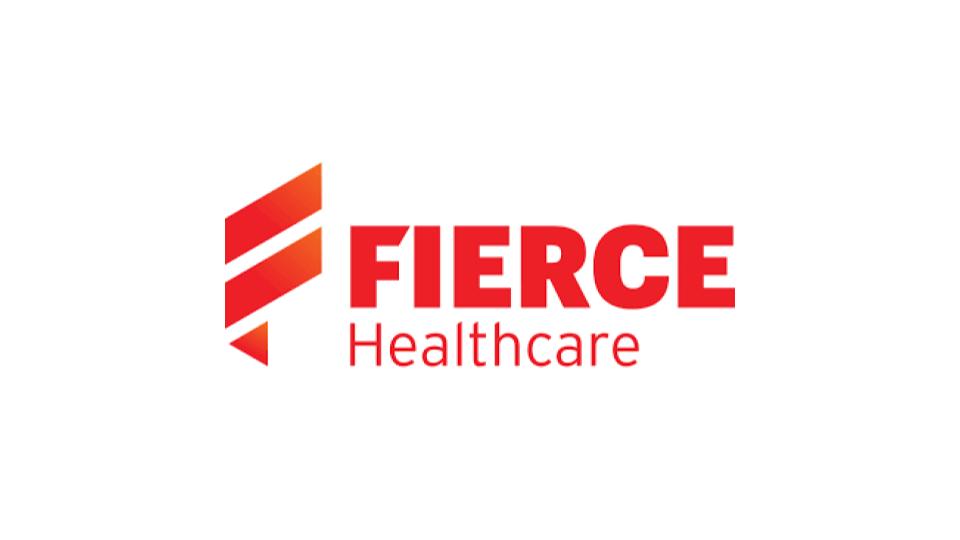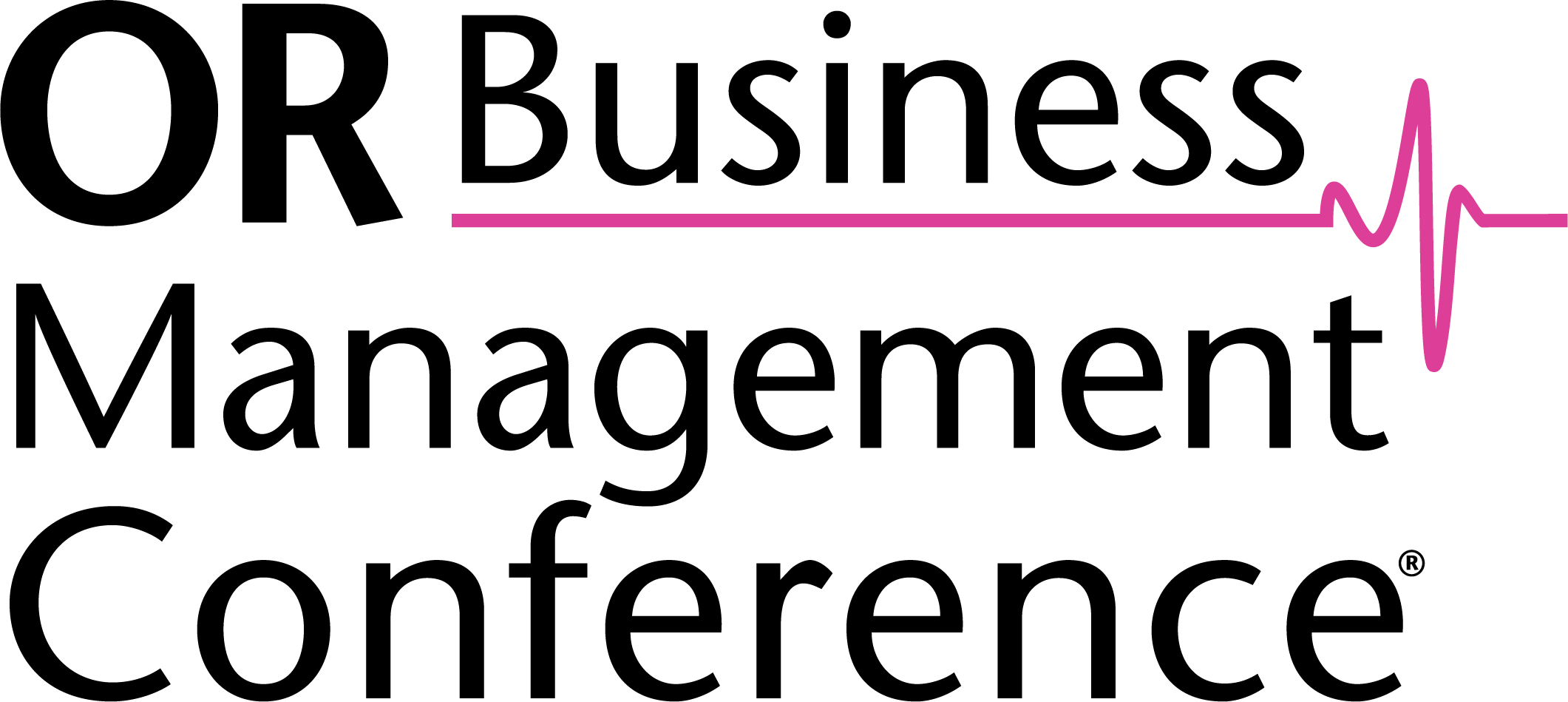
Editor's Note A February 26 letter in JAMA Network reported a revised legal standard for medical negligence in the US, shifting from traditional reliance on customary practice toward a more patient-centered, evidence-based definition of “reasonable care.” The American Law Institute (ALI) updated its framework in 2024, retaining elements of prevailing…

Editor's Note A revised legal standard for assessing medical negligence in the US shifts away from customary medical practice and toward a more patient-centered definition of reasonable care, according to a February 26 letter published in Jama Network. Following a 2024 update from the American Law Institute, the new framework…

Editor's Note Cataract surgery raises the risk of worsening diabetic retinopathy in adults with type 2 diabetes, according to a February 24 article in MedPage Today. The article focused on a a retrospective analysis published in the journal Ophthalmology. The study involved a large dataset from the TriNetX research network,…

Editor's Note Insufficient awareness of drug interactions with hormonal contraceptives (HCs) among anesthesia providers could lead to unintended pregnancies and preventable health consequences, according to survey published in Anesthesia & Analgesia. Physician’s Weekly covered the news February 27. The article specifically cites sugammedex and aprepitant, both of which are widely…

Editor's Note Using powerful synthetic opioids remifentanil and sufentanil during surgery increases risk of patients suffering during recovery, according to a study in the journal Regional Anesthesia & Pain Medicine. HealthDay reported the news February 27. According to the article, researchers analyzed data from 971 patients who underwent surgery—37% orthopedic…

Editor's Note President Donald Trump signed an executive order to enforce healthcare price transparency regulations, according to a February 25 report in Fierce Healthcare. As detailed in the article, the order directs the Departments of Treasury, Labor, and Health and Human Services (HHS) to rapidly implement and enforce price transparency…
Editor’s Note Preoperative use of sodium-glucose cotransporter 2 inhibitors (SGLT2i) does not increase the risk of postoperative diabetic ketoacidosis (DKA) in patients undergoing emergency surgery, according to a study published February 19 in JAMA Surgery. These findings challenge the current FDA recommendation to withhold SGLT2i medications for at least three…

Editor's Note Researchers at Northwestern University successfully reversed hernias in male mice and restored normal anatomy without surgical intervention, according to a February 5 university announcement. The study also found that human hernia tissue shared the same molecular characteristics observed in the mouse model, suggesting a similar biological mechanism. According…

Editor's Note In this session, Gail Avigne, MSN, BA, RN, senior consultant, strategic consulting, at Press Ganey Associates LLC, spoke to OR Business Management Conference attendees about the rollout of the Outpatient and Ambulatory Surgery CAHPS (OAS CAHPS) survey, which is a mandatory requirement for ambulatory surgery centers (ASCs) in…

Editor's Note Montana legislators are moving to restrict health insurers’ use of prior authorization as frustration over the practice mounts nationwide, KFF News reported February 13. The outlet reports that two Democratic and Republican lawmakers have introduced or are drafting bills for the 2025 Montana Legislature to limit these insurer-mandated…